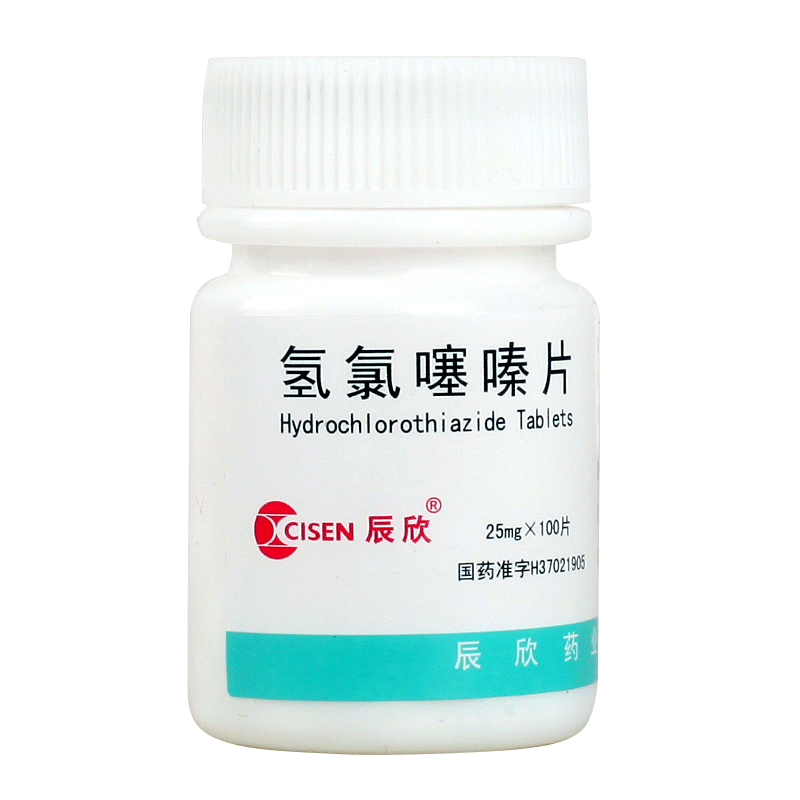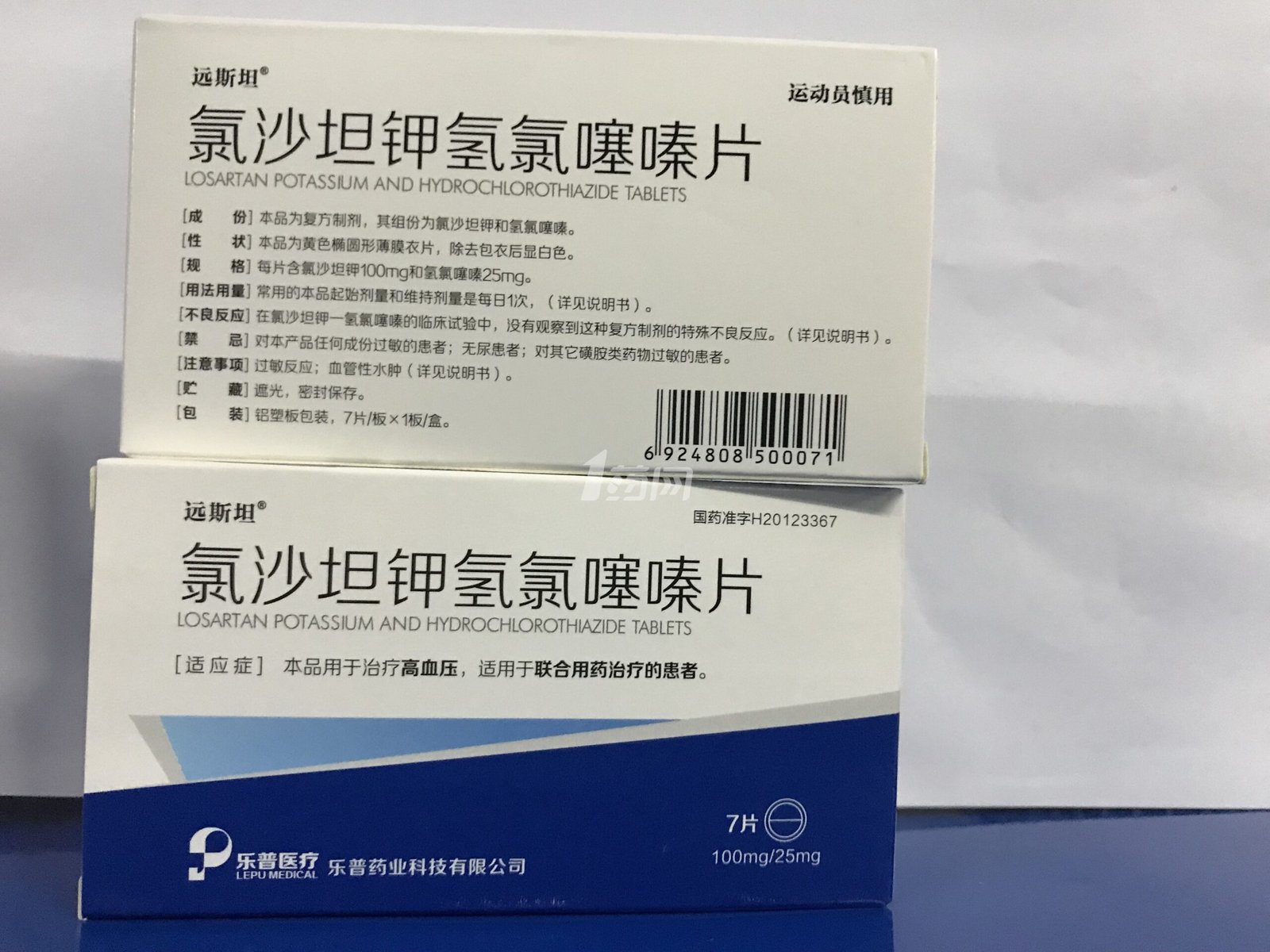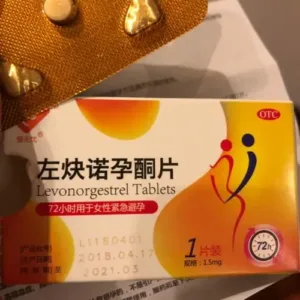Hydrochlorothiazide tablets
Effects and efficacy: It can be used for edema diseases, and is often used for congestive heart failure, ascites of liver cirrhosis, nephrotic syndrome, acute and chronic nephritis edema, early chronic renal failure, and water and sodium retention caused by adrenocortical hormone and estrogen treatment. It can excrete excess sodium and water in the body and eliminate edema. It can be used alone or in combination with other antihypertensive drugs to treat hypertension, mainly for the treatment of primary hypertension. It can also be used for central or nephrogenic diabetes insipidus and idiopathic hypercalciuria.
Usage and dosage: Oral medication, please use under the guidance of a doctor. When taking the medicine once a day, it should be taken in the morning to avoid increased urination at night. Intermittent medication (non-daily medication) can reduce the chance of electrolyte disorders. The medication should be started from the minimum effective dose to reduce the occurrence of adverse reactions and reduce reflex renin and aldosterone secretion. Adult medication for edema diseases: 25-50 mg once, 1-2 times a day, or take it every other day, or take it for 3-4 days and then stop for 3-4 days. Treatment of hypertension: 12.5-25 mg per day, once or twice; the elderly can start with 12.5 mg once a day, and adjust the dose according to the antihypertensive effect. When discontinuing, the drug should be discontinued slowly. Children take 1-2 mg/kg per day, divided into 1-2 times, and pay attention to electrolyte balance after taking the drug.
Adverse reactions:
Most adverse reactions are related to the dose and course of treatment. Water and electrolyte disorders are more common, which can manifest as dry mouth, thirst, muscle cramps, nausea, vomiting and extreme fatigue. Hyperglycemia: Thiazide diuretics can reduce glucose tolerance and increase blood sugar, which may be related to the inhibition of insulin release. Hyperuricemia: Interferes with the excretion of uric acid by the renal tubules, and a few can induce gout attacks. Since there is usually no joint pain, hyperuricemia is easy to be ignored. Allergic reactions: such as rash, urticaria, etc., but they are relatively rare. Leukopenia or deficiency, thrombocytopenic purpura, etc. are rare. Others: hypotension, constipation, diarrhea, lack of appetite, cholecystitis, sexual dysfunction, photosensitivity, muscle spasm, headache, dizziness, paresthesia, blurred vision, color vision disorder, xanthoopia, akathisia, etc., but they are rare. Rare serious adverse reactions include: arrhythmia, eczema, Stevens-Johnson syndrome, toxic epidermal necrosis, pancreatitis, hematopoietic dysfunction, hepatotoxicity, systemic lupus erythematosus, pulmonary edema, angle-closure glaucoma, etc.
Drug contraindications:
Allergic to this product is prohibited. Use with caution during pregnancy and lactation.
Share:
Products
Our offers
Health Classification
Let us work together to protect precious health






























